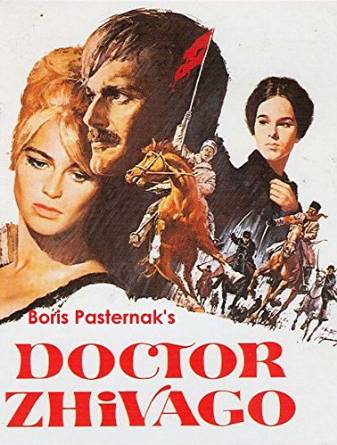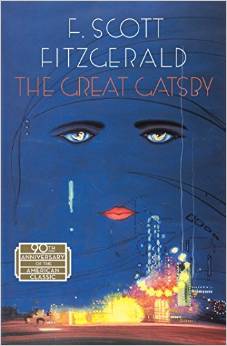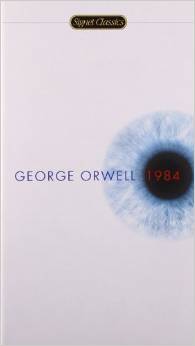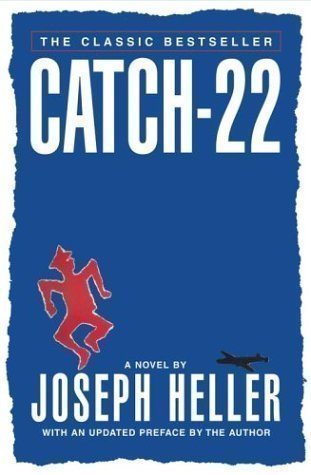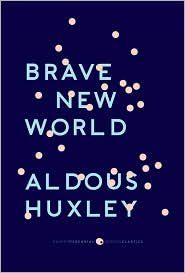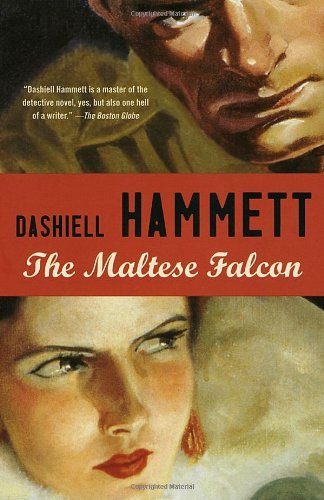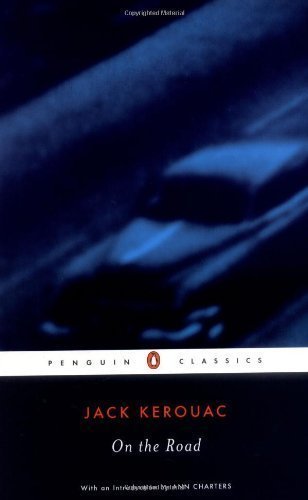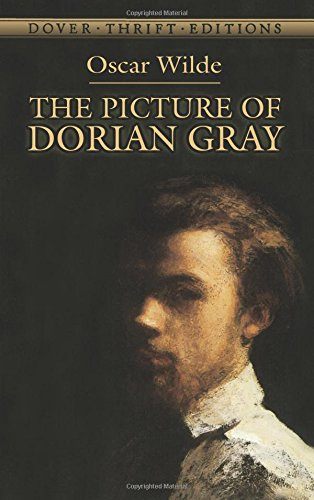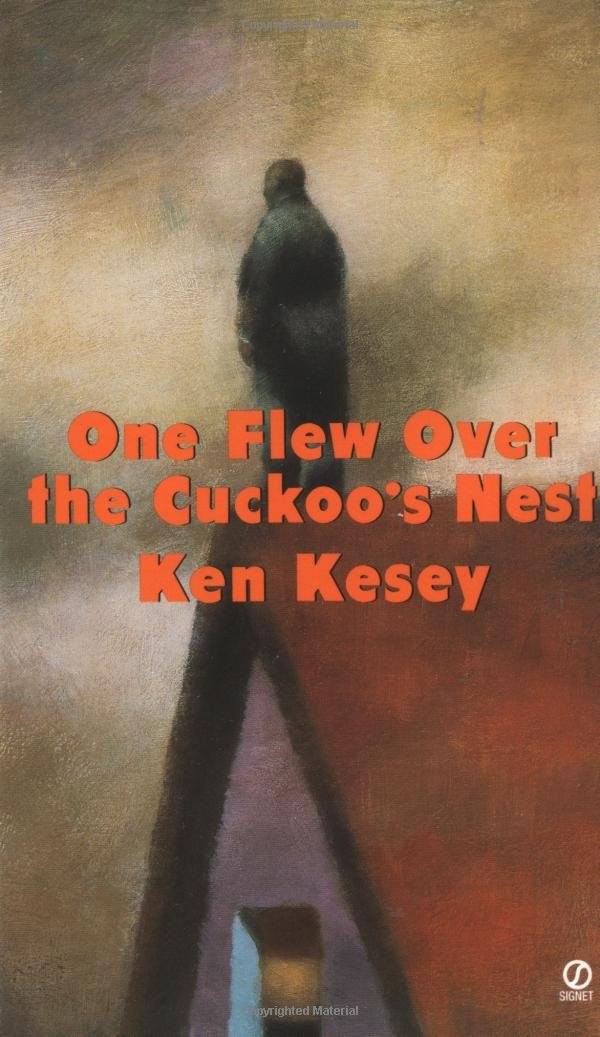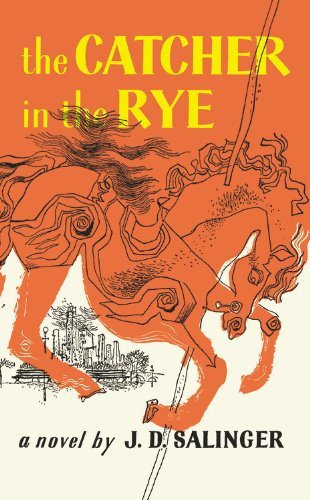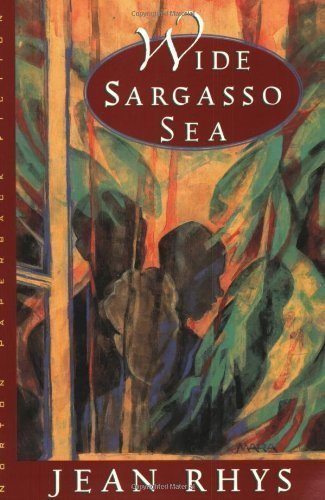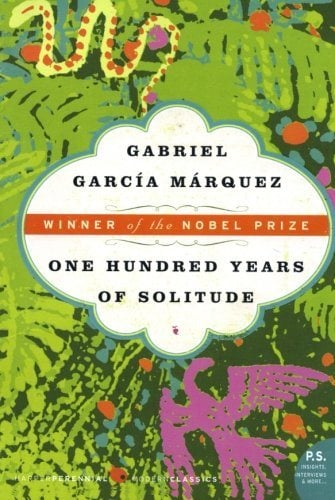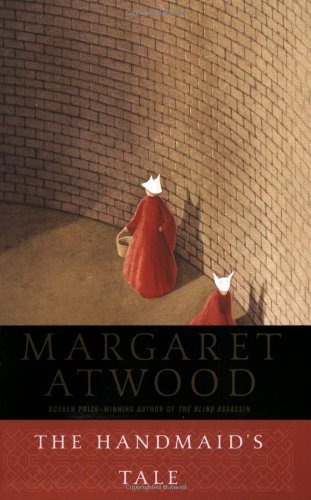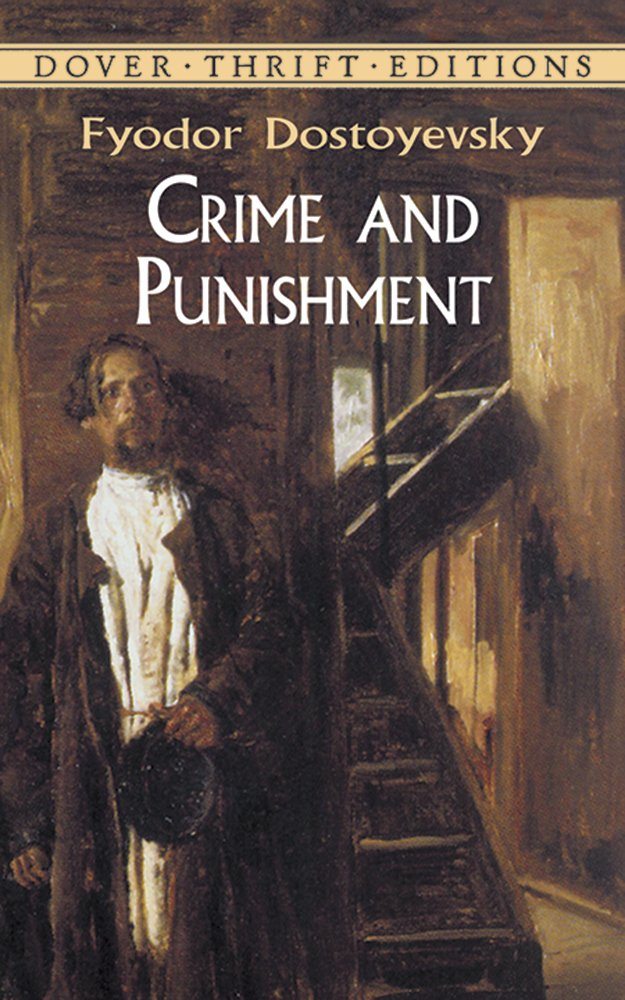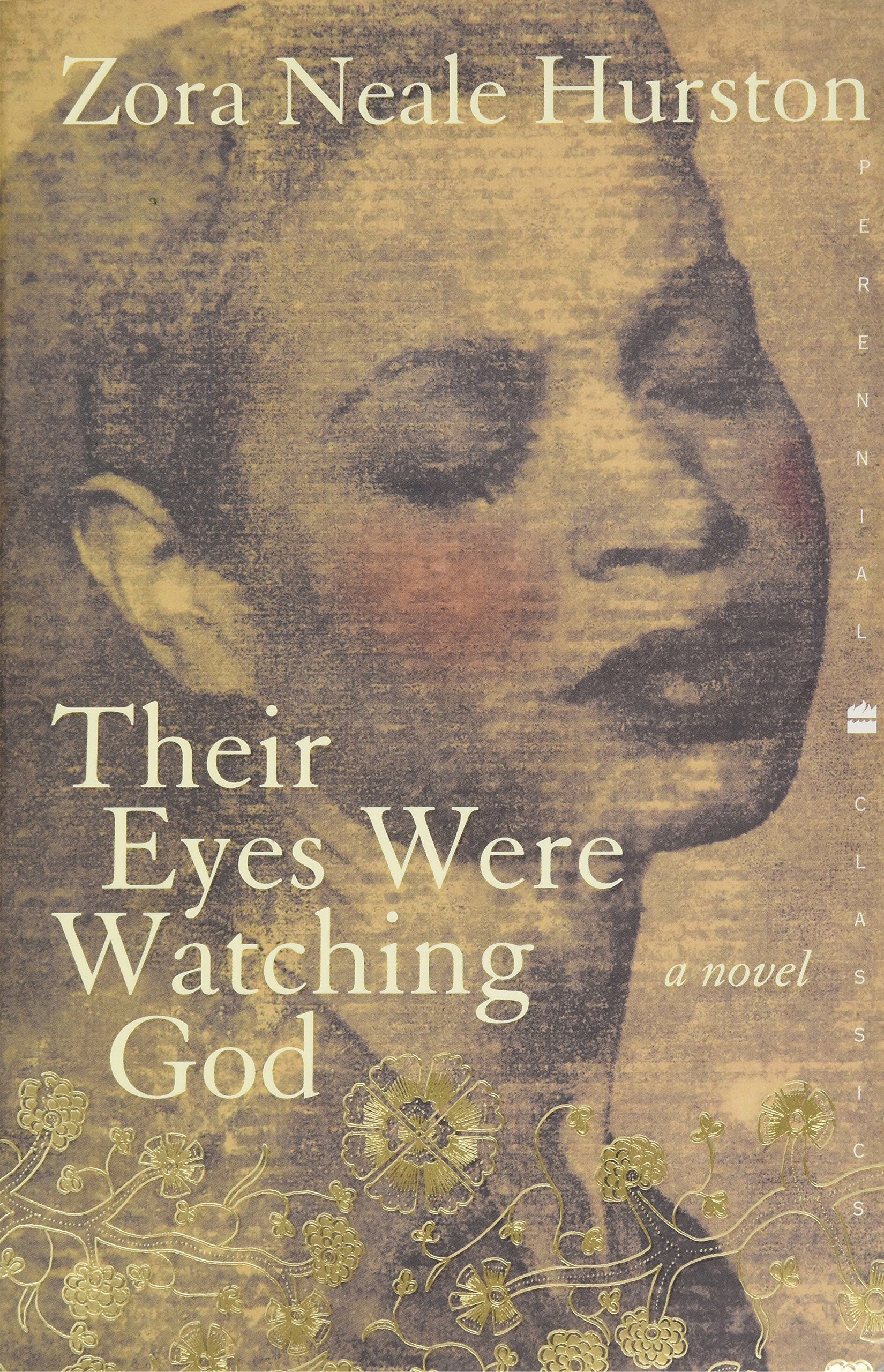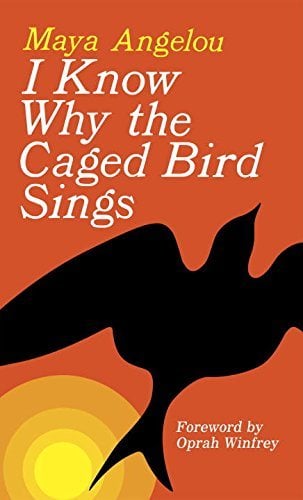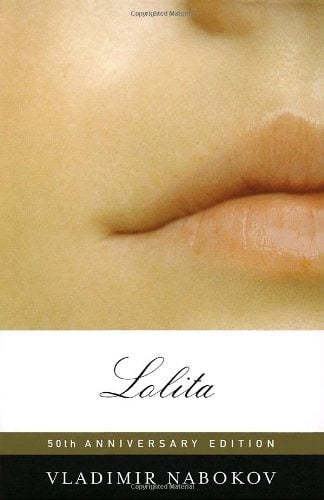“Great books help you understand, and they help you feel understood.” – John Green
Nothing could be more fulfilling, exhilarating, or reassuring than a good book. Whether it’s to make you feel more at peace with yourself, inspire you to be brave when it’s hardest, or let you know that you aren’t alone, there’s nothing a good book can’t overcome. And nothing sticks with you like the classics. Books that have withstood the test of time for their universal truths and unique voices. While this list is by no means exhaustive, it is a good start for twenty classics you should read at least once, if not more!
1. Pride and Prejudice by Jane Austen
Set in Regency England, Austen’s classic novel tells the story of five sisters navigating the trials and tribulations of polite society. Focusing specifically on the second daughter, Elizabeth, the novel follows the sisters as they try to secure their places in society through marriage. From the lovesick Jane who isn’t sure of her beloved’s affections to the impulsive and puerile Lydia who runs off with a man, this classic only seems like a simple tale of romance and love.
Start to peel back the layers and you’ll see Austen actually has some pretty shrewd commentary on society, character and the roles of women. This novel is well worth the read not only for it’s social commentary but for it’s ability to showcase the importance of upbringing.
2. Jane Eyre by Charlotte Brontë
Hated by her aunt and sent to an orphanage at young age, plain Jane Eyre grows up never feeling fully loved or appreciated. Taught to stay in her place, she learns to fend for herself and make her own path in life by becoming a governess. Things seem to take a turn for Jane after her wealthy employer Mr. Rochester starts to woo her.
Finally on the path to love and happiness, Jane is devastated after learning a dark secret about Mr. Rochester’s past. Jane is forced to make a choice: stay with him and indulge her happiness or leave and retain her honor. A classic Gothic novel, the book explores themes such as morality and freedom and makes you question: what would you choose?
3. The Sound and the Fury by William Faulkner
Stolen from a line in Shakespeare’s Macbeth, The Sound and the Fury is a novel of tragedy, history, and legacy surrounding the Compson family. Set in fictitious Yoknapatawpha County, Mississippi (a place Faulkner created and set a number of novels in), the book tells the story of the downfall of the Compson family through the eyes of the four children: neurotic, poetic Quentin; beautiful, vivacious Caddy; cruel Jason; and the man-child Benjy.
Using stream of conscious, Faulkner poignantly portrays the tragedy of the family in a post-civil war era centering around themes of decaying Southern values, language, and rebirth. Landmark for its use of stream of conscious, this book will make you realize the power of decay.
4. Dr. Zhivago by Boris Pasternak
Initially banned from publication in the USSR due to its less-than-favorable stance on socialism, Pasternak’s great novel of love and revolution follows poet doctor Yuri Zhivago as he is divided between love for his wife and the captivating Lara. Filled with agony, disillusion, and revolution, the novel was a new take on the devastating history of the Russian people in the early twentieth century. This novel will give you a new found appreciation for star-crossed lovers caught up in the tragedy of revolution and tradition.
5. The Great Gatsby by F. Scott Fitzgerald
Easily Fitzgerald’s most recognizable work, The Great Gatsby tells the tale of mysterious billionaire Jay Gatsby and his quest to reclaim his long lost love Daisy, a vivacious yet selfish socialite. Told from the viewpoint of Daisy’s cousin Nick, the novel is the quintessential Jazz Age story filled with gin, forbidden love, and all the splendor and spoils of the roaring 20s. This is the novel to read if you want to get a feel for the glamour and tragedy of New York in the 1920s.
6. 1984 by George Orwell
Though 1984 has passed (without large scale government surveillance or manipulation programs) this classic dystopian novel warns of what the future could look like if we don’t take an active role in curbing the power of the government. Introducing such words as doublespeak, thoughtcrime, Big Brother, and 2+2=5 into our modern lexicon, the novel is a powerful warning about the dangers of groupthink and unchecked government power. This novel is always a classic but is especially powerful in context of today’s NSA programs and Wikileaks.
7. Catch-22 by Joseph Heller
Another great example of a novel that spawned a word (Catch-22 refers to a paradoxical situation in which you can escape because of conflicting rules), this novel tells the tale of soldiers in World War II fighting, dying, and living amongst one of the most brutal and grotesque wars of the twentieth century. What makes this novel stand out from other war stories is that it completely vanquishes any idea of valor and glory and replaces it with satire and insanity. Brilliantly showcasing the madness of war and combat, the novel is well worth a read for a new view on the chaos of war.8. Brave New World by Aldous Huxley
Yet another novel that borrows it’s title from Shakespeare (thank you, The Tempest Act V Scene I), this novel is a dystopian look at technology, identity, and society in the future. Centering around the idea that all humans are now created in a lab (most with identical features) and assigned an identity and destiny, their their lives are thoroughly uncomplicated. The book raises questions about the path humanity will take when they rely exclusively on technology. This novel will make you think twice about whether technology and progression is helpful.
9. The Maltese Falcon by Dashiell Hammett
THE ultimate detective novel, The Maltese Falcon follows hard-boiled Sam Spade as he tries to uncover where a priceless falcon sculpture is and why everyone is after it. Along the way he encounters murder, shifting loyalties, and treachery. With surprising twists and characters dropping like flies, this classic detective novel will keep you glued to the pages. It even set the precedent for many other detectives including Raymond Chandler’s character Philip Marlowe. This is the novel to read if you want to learn the classic psyche of the hard-boiled detective.
10. On the Road by Jack Kerouac
According to Allen Ginsberg, the first draft of this classic Beat novel was typed on a 50 foot long roll of paper. No less eccentric, the novel tells the semi-autobiographical tale of Jack Kerouac and his friend Neal Cassady as they travel through America most often by hitchhiking and hopping buses. Filled with Kerouac’s friends and acquaintances (including Ginsberg and William Burroughs) the novel established not only the voice of the Beat generation but a new form of American prose. Besides these noteworthy accolades, at it’s heart, the novel is about finding a place in society when you’re not the “norm.”
11. The Picture of Dorian Gray by Oscar Wilde
The only novel from the infamous wit Oscar Wilde, this classic novel is at once horrifying and captivating. The tale follows a young and handsome Dorian Gray as he falls under the influence of the unscrupulous Lord Henry and his particular brand of hedonism. As Dorian falls farther and farther away from virtue, he realizes that he can commit any crime he pleases and it will not make a mark on him. Instead, as he commits each crime, a recent portrait of himself turns uglier to show a true reflection of his soul. Gripping and horrifying, the book raises questions on whether art (and people) are intrinsically valuable just for the simple act of being beautiful.
12. One Flew Over the Cuckoo’s Nest by Ken Kesey
A landmark novel when published in 1962, One Flew Over the Cuckoo’s Nest has remained a classic ever since. Detailing the account of a mental institution which gets turned upside when a lively new patient, Randle Patrick McMurphy, enters and begins disrupting the authoritarian rule of the nurses. Raising questions about individuality, authority, and mental health the novel was as ground breaking as it is funny and heartbreaking. A dystopian-type novel grounded in the present, this classic will make you rethink authority and autonomy.
13. The Catcher in the Rye by J.D. Salinger
The epitome of ennui, this classic novel from J.D. Salinger tells the tale of young Holden Caulfield as he spends three days in New York City playing hooky between the end of the school term and start of Christmas break. More than just the antics of a kid in a big city, the novel takes a look at what it means to grow up and be an adult. Following the complex and passionate narrative of Holden as he tries to resist adulthood, the novel focuses on themes such as alienation, growing up, and the “phoniness” of the adult world. This is the novel to read if you’re experiencing the angst between graduating school and entering the real world.
14. Wide Sargasso Sea by Jean Rhys
Perhaps one of the best and most exemplary examples of fan-fiction, Wide Sargasso Sea is the prequel to Charlotte Brontë’s Jane Eyre. Recounting the early years of Mr. Rochester’s mad wife, the novel not only gives her a name but a voice. Starting out with her decaying childhood in Jamaica the book follows Antoinette through her life as the trauma and cruelty of her situation gives rise to her deteriorating mental health. Focusing on themes of racial identity, insanity, and women’s identity in a patriarchal society this novel will give you a new found empathy for the woman in the attic.
15. One Hundred Years of Solitude by Gabriel García Márquez
The second most popular Spanish language book (second only to Don Quixote), this beautifully written novel is a centerpiece for not only the magical realism genre but also a commentary on the devastation of the outside world in Latin America. Set in the fictional town of Macondo (a town inspired by García Márquez’s own childhood town Aracataca) the story follows the lives of the Buendías family as they transition from isolation to revolution. Not only is this novel gorgeously written, but it will give you a deeper connection to the politics and turbulence of political upheaval in Latin America.
16. The Handmaid’s Tale by Margaret Atwood
Another tale of dystopia but with a notable twist – -instead of society succumbing to technological advances, society is reverted backwards into a hyper-dominate patriarchal and Christian society in which women have no rights or autonomy. Instead, women are regulated into certain classes and expected to fulfill the duties of this class.
Told from the viewpoint of Offred, a handmaid in this new society who’s primary duty is to serve as a concubine and produce children, she documents her experiences serving a prominent government official as she struggles to find solace in this new world order. Especially against the backdrop of her memories of freedom and autonomy. Captivating and stimulating, this classic novel is excellent to read in the context of women’s struggles to gain autonomy over their bodies and reproductive rights.
17. Crime and Punishment by Fyodor Dostoyevsky
More excruciating than Edgar Allen Poe’s The Tell-Tale Heart, this classic Russian novel follows destitute Raskolnikov who after committing murder must face the moral consequences of his decision. A decidedly different novel, Crime and Punishment focuses on that intense period between committing the crime and receiving the punishment.
With searing detail, the novel takes you on the harrowing psychological journey Raskolnikov takes as he alienates himself from society and ultimately goes mad. This is the book to read if you are or ever were a psychology student. Even if you weren’t, it will give you a new found perspective on not the motivations of crime and the space that follows.
18. Their Eyes Were Watching God by Zora Neale Hurston
Largely criticized at the time of it’s publications for not being “political” enough, Zora Neale Hurston’s classic novel of independence in the rural South became immensely popular after Alice Walker published an essay “In Search of Zora Neale Hurston” bringing the novel back into the public consciousness. Detailing the life of Janie Crawford, a beautiful and independent woman, the novel examines the idea of freedom in the context of relationships.
Through her first marriage to the stoic and pragmatic Logan to her second with the loquacious and domineering Joe to her final marriage to the much younger Tea Cake, Janie struggles to find independence and peace with herself. Though race does play a role in the novel, it is primarily a story of a woman trying to find herself in the context of so many societal norms. The beautiful prose of this novel will make you take a step back and want to find your own true voice.
19. I Know Why the Caged Bird Sings by Maya Angelou
The classic autobiography from one of America’s civil rights leaders and outstanding writers, I Know Why the Caged Bird Sings tells the story of Maya Angelou (born Marguerite Anne Johnson) in her early years.
Passionate and poignant, the novel recounts Angelou’s coming of age and includes such details as her insecurity with her looks; her rape as a small girl; her subsequent refusal to speak afterwards and finding her voice again through literature; and her position as the first ever African-American to operate a streetcar in San Francisco.This book will not only give you insight into one of America’s greatest activists but will inspire you to be courageous and authentic in the face of adversary.
20. Lolita by Vladimir Nabokov
Easily one of the most controversial books of the twentieth century, Lolita is the story of Humbert Humbert, a middle-aged professor who falls in love with his precocious twelve-year-old stepdaughter Dolores. A.K.A., Lolita. After her mother dies in a car crash, Humbert whisks Lolita away on a road trip where his narrative suggests that she seduces him rather than the other way around. They drive across the country falling into a pattern of obsession and manipulation and eventually settle down in the Northeast where Humbert risks losing Lolita.
Turned down for publication four times, the book was eventually published and was met with a mixture of scorn and acclaim. The book’s bold discussion of forbidden love and desire is both its strength and repulsion. This classic is well worth a read for not only its revolutionary take on love but it’s breathtaking postmodern prose.
Featured photo credit: Viktor Hanacek via picjumbo.com




